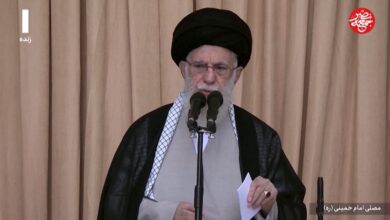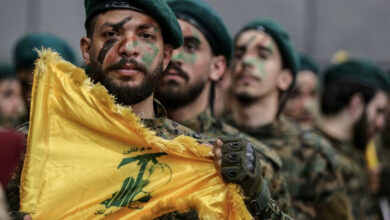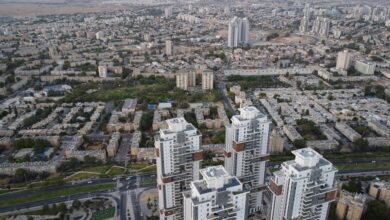Jerusalem–African migrants en route to Israel are subject to torture, rape and assault by traffickers in Egypt's Sinai desert, Israeli Physicians for Human Rights (PHR) said, citing interviews it conducted with victims.
"From January to November 2010 we referred 165 women who travelled through Sinai to (Israeli) hospitals for abortions. We believe half of these women were sexually assaulted in Sinai," said Shahar Shoham, a case worker in PHR's open clinic in Jaffa.
PHR has been collecting testimony from migrants who say Bedouins whom they pay to smuggle them through Egypt's border with Israel hold them for days and sometimes weeks, demanding more cash and abusing them physically until the money is paid.
"I was beaten, electrocuted, tied up and thrown outside at night. We ate once in three days. There was one woman — the traffickers raped her," Germai Omar, a 30-year-old Eritrean farmer, told Reuters in Tel Aviv.
He said he was detained for a month in the Sinai by the traffickers who demanded he add US$1,500 to the original fee of US$2,500. Omar contacted his family by cellphone and they gave the cash to the smugglers' contacts in Cairo.
Israel says some 35,000 migrants from Eritrea, Sudan and other African countries have entered the country illegally mostly in search of work.
PHR published a report in December based on the accounts of 167 migrants who told of abuse by the smugglers that included being burnt, branded, hung by the hands or feet and raped.
Last month, the UN High Commissioner for Refugees said it was concerned about some 250 Eritreans held hostage by smugglers in the Sinai for about a month. Egyptian security sources in the Sinai said they searched the area but did not find anyone.
At the PHR clinic in Jaffa, Sister Aziza Kidane, an Eritraen nun interviews migrants about abuse they may have suffered or witnessed.
One 19-year-old Eritrean tells her he had no money and the smugglers beat him with broken glass until one woman agreed to loan him cash. A 22-year-old Eritrean woman said she was threatened her kidneys would be sold to organ dealers.
Despite rumors they heard back home of what may happen to them in Sinai, they chose to take their chances."They have no other option," said Kidane, who has interviewed some 250 migrants so far.
Egyptian border police shot dead at least 30 African migrants in 2010, up from 19 in 2009. Omar, who has deep scars on his face and leg, said they resulted from Egyptian gunfire.
"They know it's risky, but once they're out they don't want to go back home," Kidane said. Rights groups say every year tens of thousands of Eritreans flee religious persecution in their country, arbitrary arrests and mandatory military service.
In an effort to keep African migrants out, Israel has been erecting a fence along the porous border with Egypt and plans to set up a holding facility for those caught crossing the frontier.




